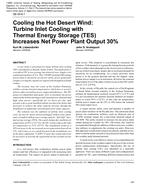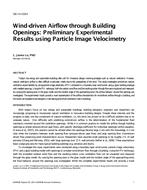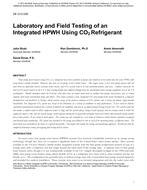To analyze the benefits of demand response programs for the individual homeowner as well as a population of homes, a detailed simulation program was developed. This paper describes the methodology used to develop the simulation model and the application of the simulation model to study the economic benefits and impacts on electric distribution feeder load shapes when applying different control strategies to heating, ventilating, and air-conditioning (HVAC) systems. Using the simulation program, various residential HVAC control strategies are analyzed for a single residence as well as a population of residences. The results suggest that the curtailment control strategy provides the most demand relief; however, this demand relief comes at the cost of comfort and diversity immediately after the curtailment event. Precooling provides almost as much demand relief as the curtailment strategy but consumes more energy and costs more. With the precooling control strategy, there is no loss of comfort and diversity is maintained before and after the curtailment.
Units: Dual
Citation: Symposium, ASHRAE Transactions, vol. 112, pt. 1
Product Details
- Published:
- 2006
- Number of Pages:
- 12
- File Size:
- 1 file , 7 MB
- Product Code(s):
- D-27927


